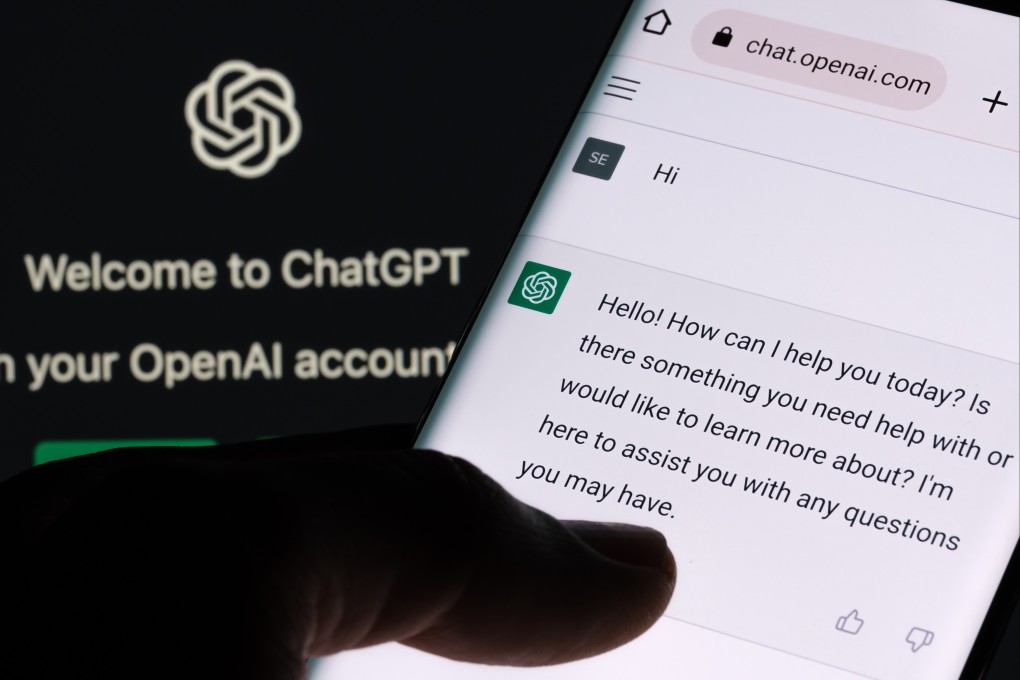ChatGPT and other AIs challenge education sector – the International Baccalaureate supports their use but educators are concerned about the opportunities to cheat
- OpenAI’s groundbreaking Large Language Model (LLM) chatbot, ChatGPT4, is the main focus of attention
- While IB’s Matt Glanville supports them, Tim Kaiser of Canadian International School believes they are the biggest challenge he has faced in his career

Hong Kong’s international schools have been dealing with tremendous challenges in recent years. After the disruption caused by the 2019 protests and the pandemic, this year was meant to be the year things finally got back to “normal”. It was all going well until March and the release of OpenAI’s groundbreaking Large Language Model (LLM) chatbot, ChatGPT4.
The capabilities of the application have stunned the world and produced a torrent of articles about a possible AI apocalypse. The education sector has been rocked too. ChatGPT4’s ability to produce writing that mirrors that of a human has thrown into doubt the validity of homework and student essays. Certain school districts across the US have already banned access to ChatGPT due to these fears and others.
The International Baccalaureate (IB), the governing body of curricula for most of Hong Kong’s international schools, made the following statement back in March:
“The IB believes that artificial intelligence (AI) technology will become part of our everyday lives – like spell checkers, translation software and calculators. We, therefore, need to adapt and transform our educational programmes and assessment practices so that students can use these new AI tools ethically and effectively. The IB is not going to ban the use of such software but will work with schools to help them support their students on how to use these tools ethically in line with our principles of academic integrity.”
Essentially every single meeting I’ve gone to in the last three months with other heads of school and principals – networking events, conferences and workshops – this has been the number one topic of discussion
The IB’s official policy as of now is to allow students to quote ChatGPT and any other LLM tools in essays as they would quote any other source, and that nothing taken from ChatGPT may be passed as original work. However, there is great concern among educators about the opportunities for plagiarism that ChatGPT offers, and how to deal with them.